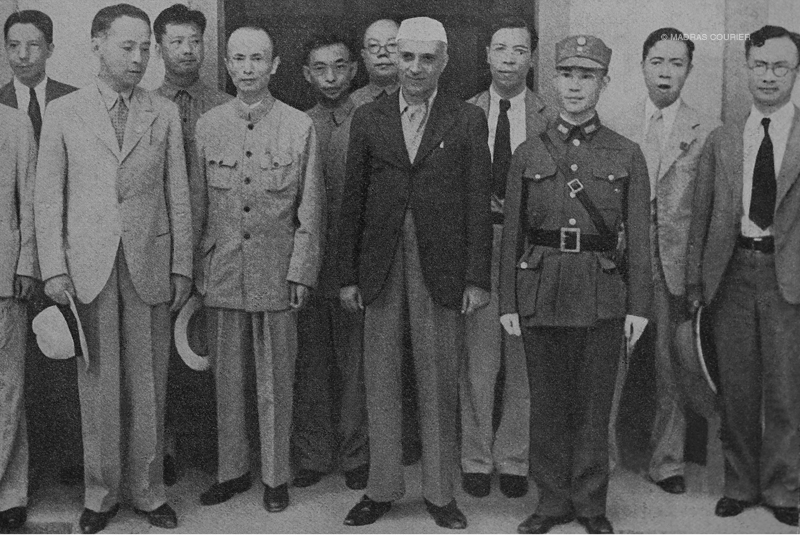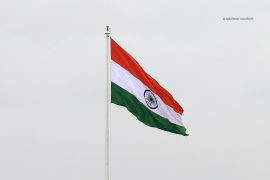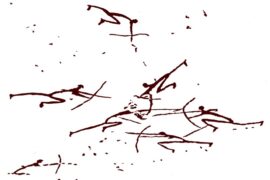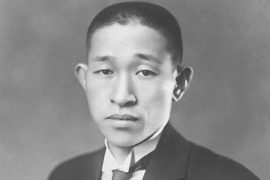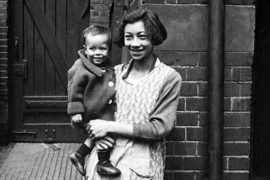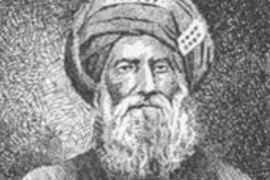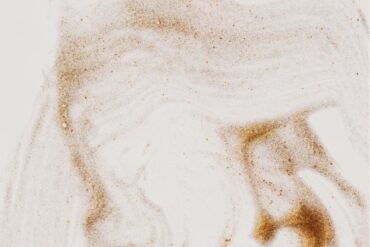Fifty three years ago, on this day, Jawaharlal Nehru passed away following a stroke. In the two years since India’s failed conflict with the People’s Republic of China (PRC), Nehru’s health had taken a poor turn. Somewhere along the bomb-strewn landscape of his political life, he had lost his magical optimism. The failed negotiations on Partition, assassination of Mahatma Gandhi, the desperate poverty of independent India and perhaps above all the national humiliation suffered by India in the war with China – all contributed to a man who might have questioned many of his stances in his final days.
22 years before, in 1940, Nehru published a collection of essays titled ‘China, Spain and the War‘, which he had written based on his travels over a period of six months. At the time, the world was a very different place and Nehru penned down much of his opinion on it.
It’s an interesting period to read Nehru’s thoughts from. The world was on the cusp of World War, and the Indian independence movement faced an uncertain position. A political deadlock was underway, and Nehru found the time for a thirteen-day tour of Burma, Siam and China (then Myanmar, Thailand the Republic of China). Indeed, his friends didn’t want him to go.
Lamenting the coverage of China by the British press, Nehru writes:
Copyright©Madras Courier, All Rights Reserved. You may share using our article tools. Please don't cut articles from madrascourier.com and redistribute by email, post to the web, mobile phone or social media.Please send in your feed back and comments to [email protected]

